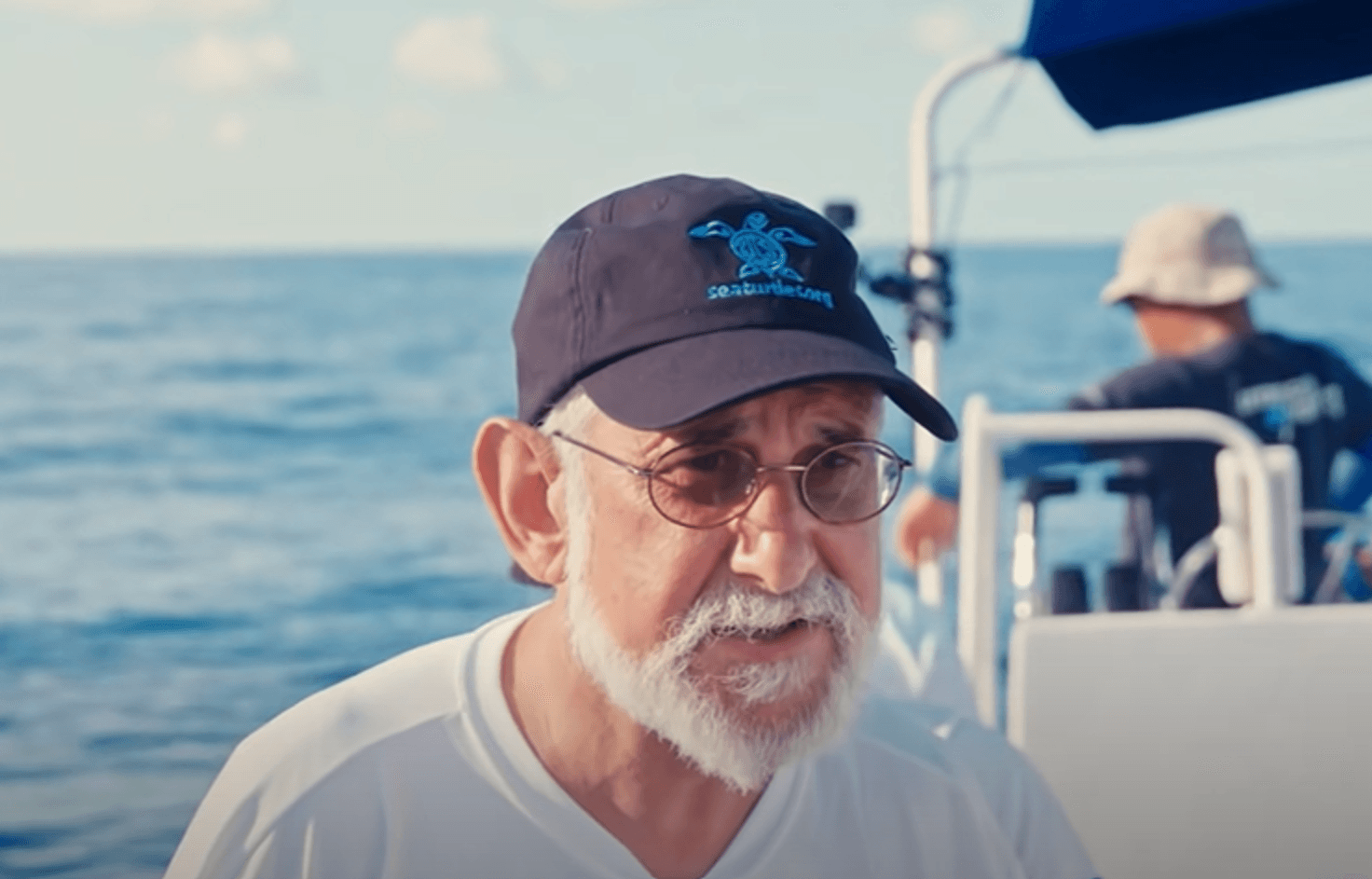
Words by Tess Becker
One of the biggest poster children for the impacts of ocean pollution is the sea turtle. Pictures of them struggling through ocean garbage, accidentally eating plastic, and their struggle on coastal beaches have gone viral time and again. A viral turtle video even led to plastic straw bans.
So it's not really surprising that the Turtle Island Restoration Network also set out, riding the wave of concern, to protect sea turtles.
The organization launched around 40 years ago. It started by protecting the olive ridley sea turtle, also known as the Pacific ridley sea turtle. Four decades later they’ve expanded to protect the water in multiple ways.
“We're working to protect ocean watersheds, coastal watersheds, the ocean, endangered species and wildlife,” Todd Steiner, the founder of Turtle Island tells Smiley News.
But their mission is broader than this. As a whole, they aim to use effective techniques to improve the waters for everyone.
“Our work is based on science, fueled by people who care, and effective at catalyzing long-lasting positive change that protects the likes of green sea turtles, whale sharks and coho salmon,” they write on their website. “By working with people and communities we preserve and restore critical habitats like the redwood-forested creekbanks of California to the biodiverse waters of Cocos Island.”
“We accomplish our mission through grassroots empowerment, consumer action, strategic litigation, hands-on restoration, environmental education, and by promoting sustainable local, national and international marine policies.”
While they began by helping turtles, this work became a launchpad for solving some of humanity's biggest challenges.
“Following sea turtles has led us to these other problems,” Todd says. “We're addressing climate change, because obviously that affects sea turtles, but it affects humans and everything on the planet.”
They quickly discovered that by tackling one problem had positive knock-on effects on other problems; by working to clean up the ocean and protect turtles they were protecting other animals as well.
Recently, much of their work has focused on fresh water rivers such as the Trinity River. This Texan river famous for its salmon, provides a habitat and water for millions of people running through Texas. Turtle Island Restoration Network is cleaning it up.
“It's important for people to understand they don't have to be in a coastal community to have direct impact on a body of water and so we do a lot of education and outreach about watershed,” Joanie Steinhaus of Turtle Island Restoration Network tells Smiley News.
Overall they primarily hope to inspire more people to protect the waters everyone relies on.
“The mission of our organization is to educate and inspire people to take action on behalf of the earth,” Todd says. “There's a really famous quote by the anthropologist Margaret Mead: 'Never doubt that a small group of thoughtful, committed citizens can change the world; indeed, it's the only thing that ever has.’ That is our motto.”
Charity check-in
At Smiley Movement, we like to elevate the work of charities across the world. Here are three charities whose causes align with the themes in this article.
Beacon Food Forest. This is one of the largest food forests in the country. Find out more and support them here.
American Forests. A conservation organization focused on preserving and protecting American forests. Support them here.
Cultural Survival. They are an indigenous-led nonprofit focused on empowering indigenous Americans and helping the planet. Find out more.